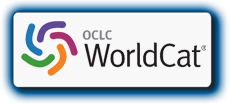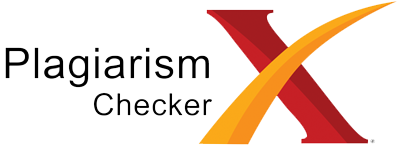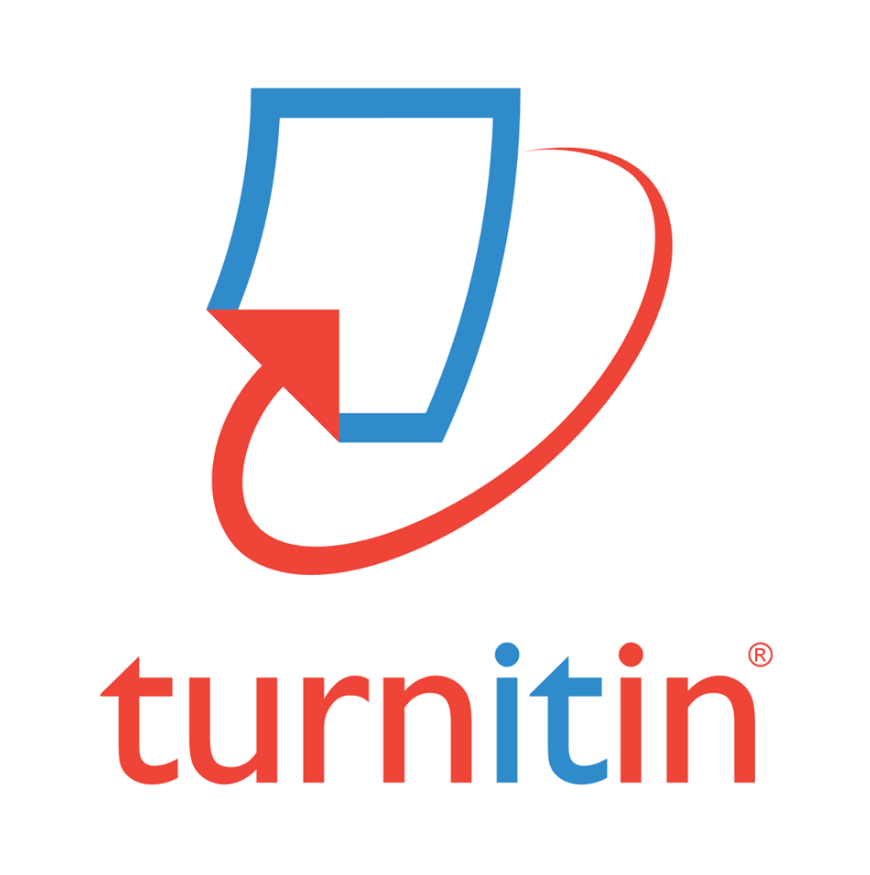Analisis Kompetensi Technological Pedagogical and Content Knowledge Pada Guru Sekolah Vokasi Kemaritiman
Abstract
Abstrak: Menganalisis dan menginvestigasi pemahaman dan keterampilan Technological Pedagogical and Content Knowledge guru sekolah vokasi kemaritiman adalah tujuan dari riset ini. Teknik penelitian yang digunakan pada penelitian ini adalah pendekatan deskriptif dengan pendekatan kuantitatif. Teknik penghimpunan data yang dilakukan adalah dengan teknik penyebaran angket dengan mengambil sampel secara acak sebanyak 12 guru atau sebesar 60%dari total 20 guru pada 8 sekolah vokasi bidang kemaritiman. Hasil riset studi analisis menginterpretasikan bahwa semua bagian kemampuan Technological Pedagogical and Content Knowledge (TPACK) pada guru sekolah vokasi bidang kemaritiman menghasilkan kategori ke dalam kelompok baik dengan nilai rata-rata 3.00. Namun ditemukan juga hasil analisis dari dua bagian TPACK yang masih dalam kategori cukup sehingga memerlukan studi dan penelitian lanjut untuk meningkatkan seluruh bagian TPACK ke dalam kategori baik.
Abstract: Analyzing and investigating Technological Pedagogical and Content Knowledge understanding and skills of maritime vocational school teachers is the aim of this research. The research technique used in this study is a descriptive approach with a quantitative approach. The data collection technique used was a questionnaire distribution technique by taking a random sample of 12 teachers or 60% of a total of 20 teachers in 8 maritime vocational schools. The results of the analytical study research interpret that all of the Technological Pedagogical and Content Knowledge (TPACK) abilities in maritime vocational school teachers produce categories into good groups with an average grade of 3.00. However, it was also found that the results of the analysis of the two TPACK sections were still in the sufficient category so that further studies and research were needed to improve all of the TPACK sections into good categories.
Keywords
Full Text:
PDFReferences
Ainsworth, S. (2008). The educational value of multiple-representations when learning complex scientific concepts. In Visualization: Theory and practice in science education (pp. 191–208). Springer.
Arbianto, U. F., Widiyanti, W., & Nurhadi, D. (2019). Kesiapan Technological, Pedagogical And Content Knowledge (Tpack) Calon Guru Bidang Teknik di Universitas Negeri Malang. Jurnal Teknik Mesin Dan Pembelajaran, 1(2), 1–9.
Azwar, S. (2007). Sikap manusia: Teori dan pengukurannya.
Ball, D. L., Thames, M. H., & Phelps, G. (2008). Content knowledge for teaching: What makes it special. Journal of Teacher Education, 59(5), 389–407.
Brun, M., & Hinostroza, J. E. (2014). Learning to become a teacher in the 21st century: ICT integration in Initial Teacher Education in Chile. Journal of Educational Technology & Society, 17(3), 222–238. https://www.jstor.org/stable/jeductechsoci.17.3.222
Castéra, J., Marre, C. C., Yok, M. C. K., Sherab, K., Impedovo, M. A., Sarapuu, T., Pedregosa, A. D., Malik, S. K., & Armand, H. (2020). Self-reported TPACK of teacher educators across six countries in Asia and Europe. Education and Information Technologies, 25(1), 3003–3019. https://doi.org/https://doi.org/10.1007/s10639-020-10106-6
Davies, R. S., & West, R. E. (2014). Technology integration in schools. In Handbook of research on educational communications and technology (pp. 841–853). Springer, New York, NY. https://doi.org/https://doi.org/10.1007/978-1-4614-3185-5_68
De Rossi, M., & Trevisan, O. (2018). Technological Pedagogical Content Knowledge in the literature: how TPCK is defined and implemented in initial teacher education. Italian Journal of Educational Technology, 26(1), 7–23.
Gilbert, J. K. (2005). Visualization: A metacognitive skill in science and science education. In Visualization in science education (pp. 9–27). Springer. https://doi.org/https://doi.org/10.1007/1-4020-3613-2_2
Gurung, B., & Rutledge, D. (2014). Digital learners and the overlapping of their personal and educational digital engagement. Computers & Education, 77, 91–100. https://doi.org/https://doi.org/10.1016/j.compedu.2014.04.012https://doi.org/10.1016/j.compedu.2014.04.012
Hidayati, N., Setyosari, P., & Soepriyanto, Y. (2019). Kompetensi Technological Pedagogical Content Knowledge (TPACK) Guru SOSHUM Setingkat SMA. Jurnal Kajian Teknologi Pendidikan, 1(4), 291–298.
Hoffmann, B. (2014). Computer as a Threat or an Opportunity for Development of Children. Procedia-Social and Behavioral Sciences, 146, 15–21. https://doi.org/https://doi.org/10.1016/j.sbspro.2014.08.080
Ifinedo, E., Rikala, J., & Hämäläinen, T. (2020). Factors affecting Nigerian teacher educators’ technology integration: Considering characteristics, knowledge constructs, ICT practices and beliefs. Computers & Education, 146, 103760. https://doi.org/https://doi.org/10.1016/j.compedu.2019.103760
Indonesia, U.-U. R. (2005). Undang-undang RI No. 14 tahun 2005 tentang Guru dan Dosen. https://jdih.kemenkeu.go.id/fulltext/2005/14tahun2005uu.htm
Kaufman, D. M. (2003). Applying educational theory in practice. ABC of Learning and Teaching in Medicine, 326(7382), 213–216. https://doi.org/https://doi.org/10.1136/bmj.326.7382.213
Koehler, M., & Mishra, P. (2009). What is technological pedagogical content knowledge (TPACK)? Contemporary Issues in Technology and Teacher Education, 9(1), 60–70.
Koh, J. H. L., Chai, C. S., & Tay, L. Y. (2014). TPACK-in-Action: Unpacking the contextual influences of teachers’ construction of technological pedagogical content knowledge (TPACK). Computers & Education, 78, 20–29. https://doi.org/https://doi.org/10.1016/j.compedu.2014.04.022
Loughran, J., Berry, A., & Mulhall, P. (2012). Understanding and developing scienceteachers’ pedagogical content knowledge (Vol. 12). Springer Science & Business Media.
Mishra, P., & Koehler, M. J. (2006). Technological pedagogical content knowledge: A framework for teacher knowledge. Teachers College Record, 108(6), 1017–1054.
Oyanagi, W., & Satake, Y. (2016). Capacity building in technological pedagogical content knowledge for preservice teacher. International Journal for Educational Media and Technology, 10(1), 33–44.
Praherdhiono, H., Adi, E. P., Prihatmoko, Y., Nindigraha, N., Soepriyanto, Y., Indreswari, H., & Oktaviani, H. I. (2020). Implementasi Pembelajaran Di Era Dan Pasca Pandemi Covid-19. Seribu Bintang.
Praherdhiono, H., Setyosari, P., Degeng, I. N. S., Slamet, T. I., Surahman, E., Adi, E. P., Degeng, M. D. K., & Abidin, Z. (2019). Teori dan Implementasi Teknologi Pendidikan: Era Belajar Abad 21 dan Revolusi Industri 4.0. Seribu Bintang.
Ruhrig, J., & Höttecke, D. (2015). Components of science teachers’ professional competence and their orientational frameworks when dealing with uncertain evidence in science teaching. International Journal of Science and Mathematics Education, 13(2), 447–465. https://doi.org/https://doi.org/10.1007/s10763-015-9628-3
Sagala, S. (2009). Kemampuan Profesional Guru dan Tenaga Kependidikan: Pemberdayaan guru, tenaga kependidikan, dan masyarakat dalam manajemen sekolah. CV. Alfabeta.
Sholihah, H., & Kristanto, A. (2015). Pengembangan Multimedia Modul Interaktif Berbasis Android Materi Editing Audio pada Mata Kuliah Pengembangan Media Audio di Program Studi Teknologi Pendidikan Universitas Negeri Surabaya. Jurnal Mahasiswa Teknologi Pendidikan, 6(2).
Shulman, L. (1987). Knowledge and teaching: Foundations of the new reform. Harvard Educational Review, 57(1), 1–23. https://doi.org/https://doi.org/10.17763/haer.57.1.j463w79r56455411
Sintawati, M., & Indriani, F. (2019). Pentingnya Technological Pedagogical Content Knowledge (TPACK) Guru di Era Revolusi Industri 4.0. Prosiding Seminar Nasional Pagelaran Pendidikan Dasar Nasional (PPDN) 2019, 1(1), 417–422. http://seminar.uad.ac.id/index.php/ppdn/article/view/1355
Spector, J. M., Merrill, M. D., Elen, J., & Bishop, M. J. (2014). Handbook of research on educational communications and technology. Springer.
Srisawasdi, N. (2012). The role of TPACK in physics classroom: case studies of preservice physics teachers. Procedia-Social and Behavioral Sciences, 46, 3235–3243. https://doi.org/https://doi.org/10.1016/j.sbspro.2012.06.043
Stelzer, T., Gladding, G., Mestre, J. P., & Brookes, D. T. (2009). Comparing the efficacy of multimedia modules with traditional textbooks for learning introductory physics content. American Journal of Physics, 77(2), 184–190. https://doi.org/https://doi.org/10.1119/1.3028204
Surahman, E., Sulthoni, S., Ulfa, S., Husna, A., Ramdiana, H., Thaariq, Z. Z. A., Setiawan, A. B., & Qolbi, M. S. (2020). Pelatihan Micro Learning Object Berbasis TPACK bagi Guru-Guru SMA di Garut. Abdimas Pedagogi: Jurnal Ilmiah Pengabdian Kepada Masyarakat, 3(1), 1–14.
Tang, C. M., & Chaw, L. Y. (2015). Digital literacy and effective learning in a blended learning environment. Proceedings of the 14th European Conference on E-Learning, 601–610.
Waycott, J., Bennett, S., Kennedy, G., Dalgarno, B., & Gray, K. (2010). Digital divides? Student and staff perceptions of information and communication technologies. Computers & Education, 54(4), 1202–1211. https://doi.org/https://doi.org/10.1016/j.compedu.2009.11.006
DOI: http://dx.doi.org/10.17977/um039v6i12021p186
Refbacks
- There are currently no refbacks.
Copyright (c) 2021 Basith Rahmatullah, Henry Praherdhiono, Agus Wedi

This work is licensed under a Creative Commons Attribution-ShareAlike 4.0 International License.
Edcomtech: Jurnal Kajian Teknologi Pendidikan published by Department of Educational Technology, Faculty of Education, State University of Malang in Collaboration with Asosiasi Program Studi Teknologi Pendidikan Indonesia (APS TPI) and Ikatan Profesi Teknologi Pendidikan Indonesia (IPTPI) with MoU.
Publisher Address:
Lab. Teknologi Pendidikan, Gd.E2, Lt.1
Fakultas Ilmu Pendidikan Universitas Negeri Malang
Jalan Semarang No 5, Kota Malang Kode Pos 65145
Email: edcomtech.fip@um.ac.id
========================================================================================================
| INDEXED BY | TOOLS | PLAGIARISM CHECK | ARTICLE TEMPLATE |
|

Edcomtech is licensed under a Creative Commons Attribution-ShareAlike 4.0 International License.
Edcomtech Statistics (Since July 13th, 2020)


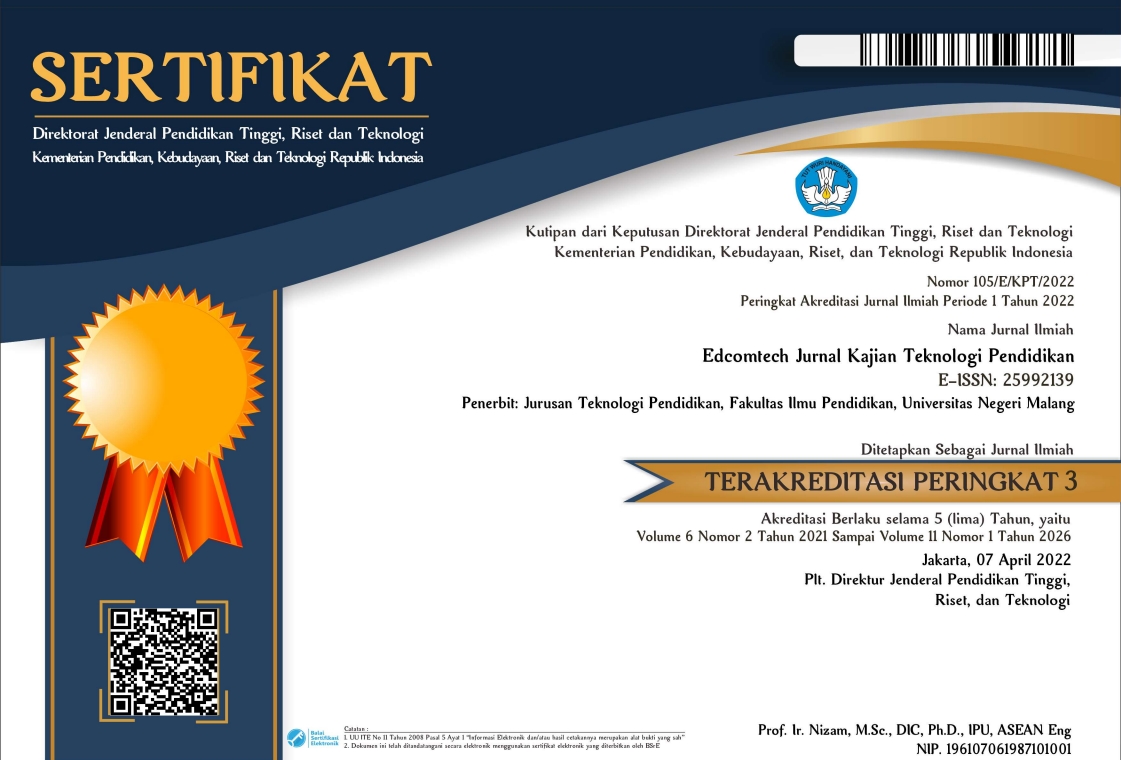



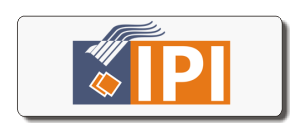

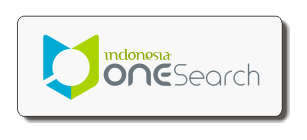



1.png)
